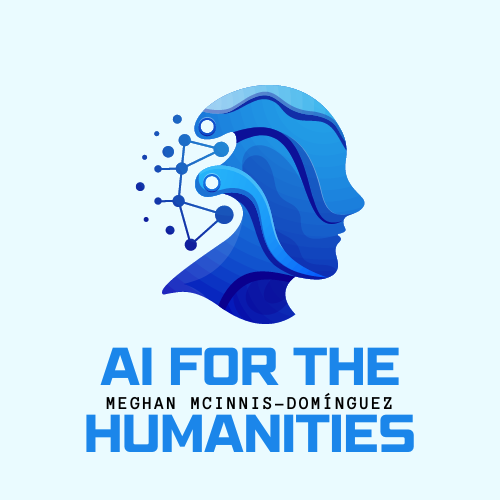Episode 27
News in AI for the Humanities 3/27/25
In this episode of AI for the Humanities, we explore recent groundbreaking developments reshaping artificial intelligence and their profound implications for creativity, culture, and critical thought in the humanities. We begin by analyzing the economic and ethical dimensions of OpenAI’s premium AI agents, examining how AI redefines expertise, labor, and equity. Next, we discuss advanced AI models—including OpenAI’s GPT-4.5, GPT-4o’s multimodal image, audio, and video innovations through Sora, Anthropic’s Claude SONNET hybrid reasoning model, and Google’s Gemini 2.5—highlighting both their transformative potential and the complex challenges they pose for humanities scholarship. We also address emerging geopolitical tensions surrounding AI technologies, exemplified by China's Manus autonomous agent and U.S. restrictions on Chinese AI models, urging humanities scholars to critically assess digital sovereignty and ethical governance. Furthermore, we discuss the transformative impact and innovative opportunities provided by AI integrations into everyday tools from Google, Eleven Labs, Zoom, and Microsoft, emphasizing the need for critical digital literacy. Ultimately, this episode advocates for an active and ethically informed role for humanities scholars and students in guiding AI’s integration into society, ensuring technological advancements promote cultural richness, ethical reflection, democratic accessibility, and humanistic inquiry.
